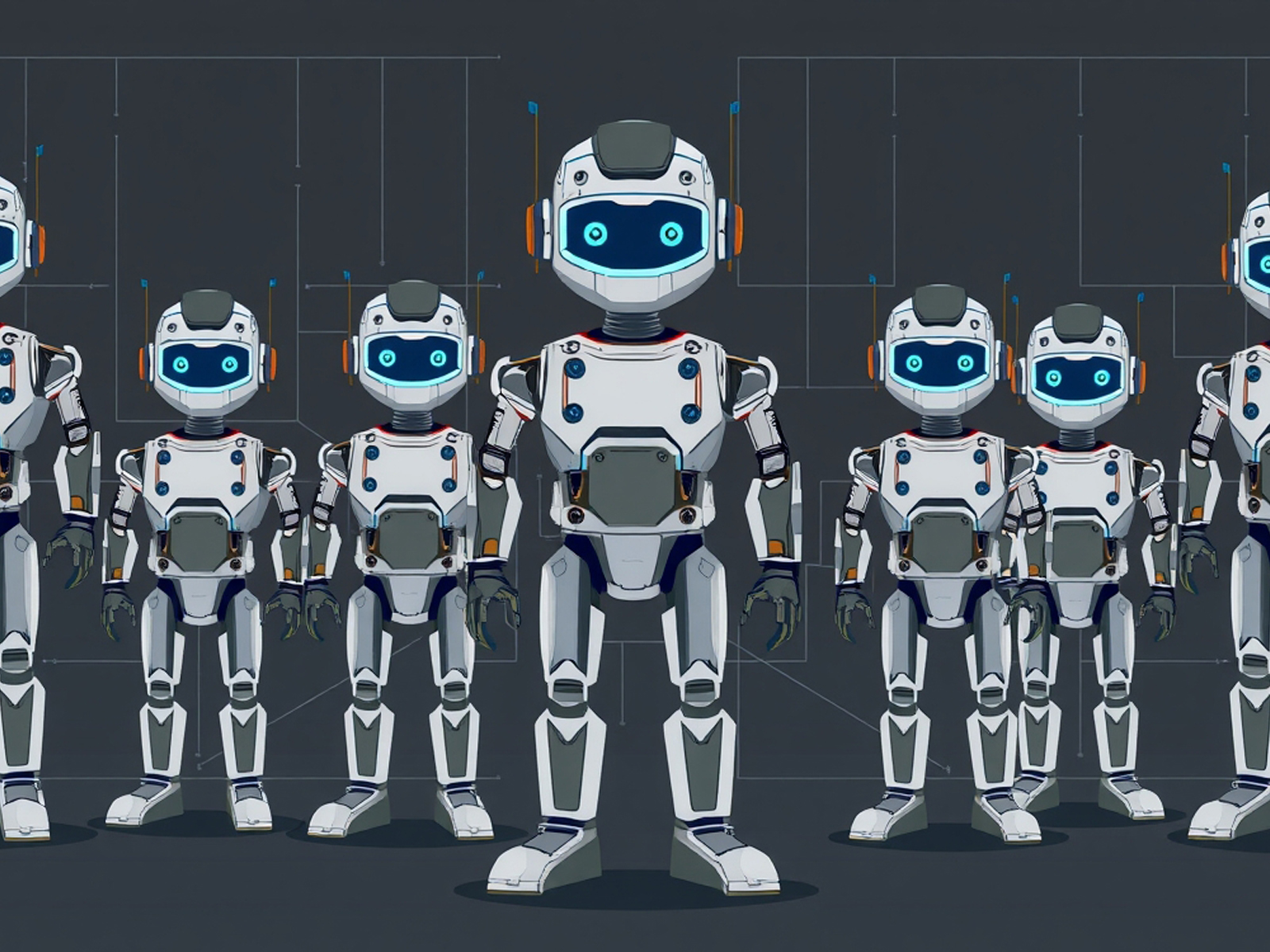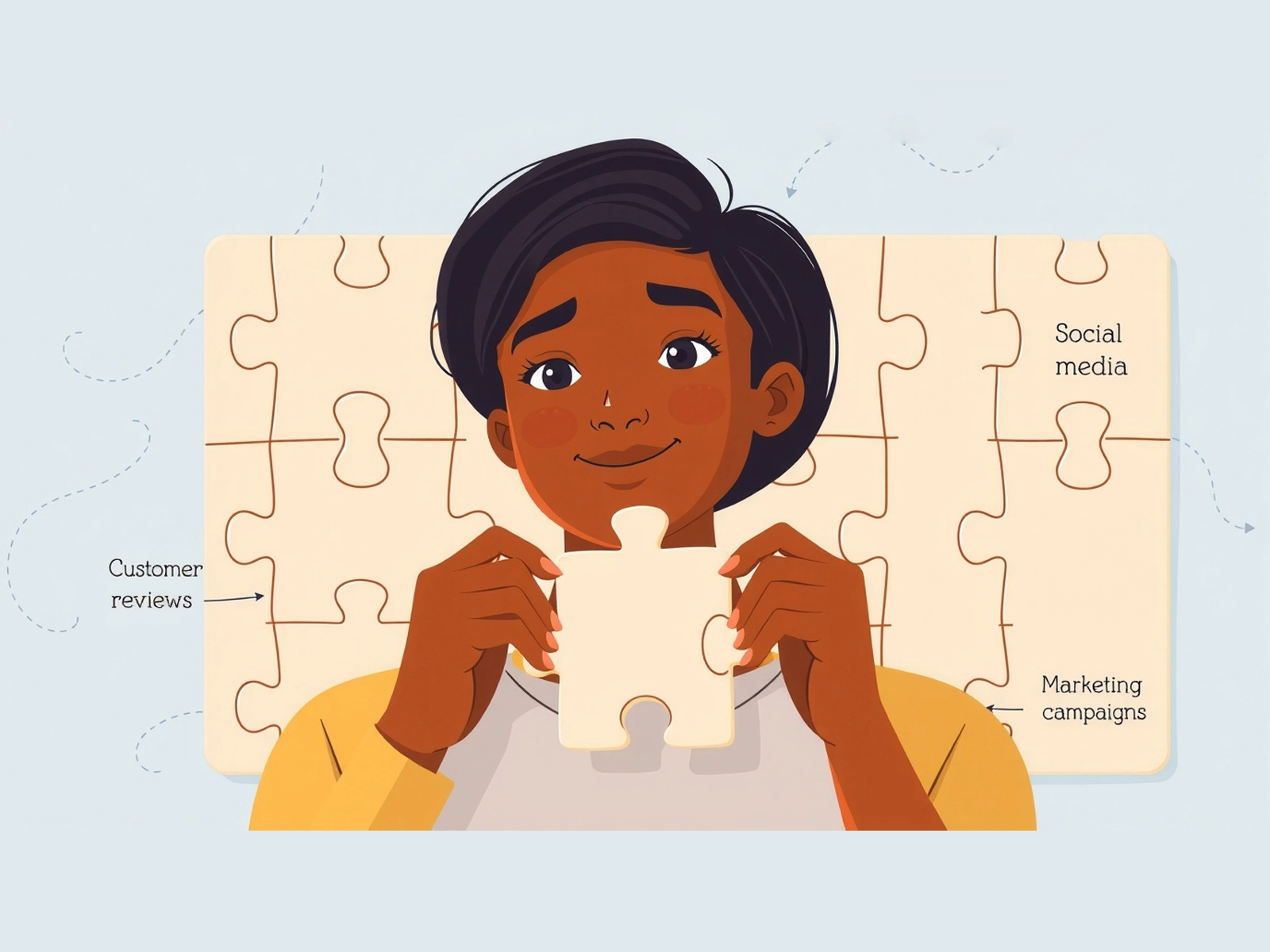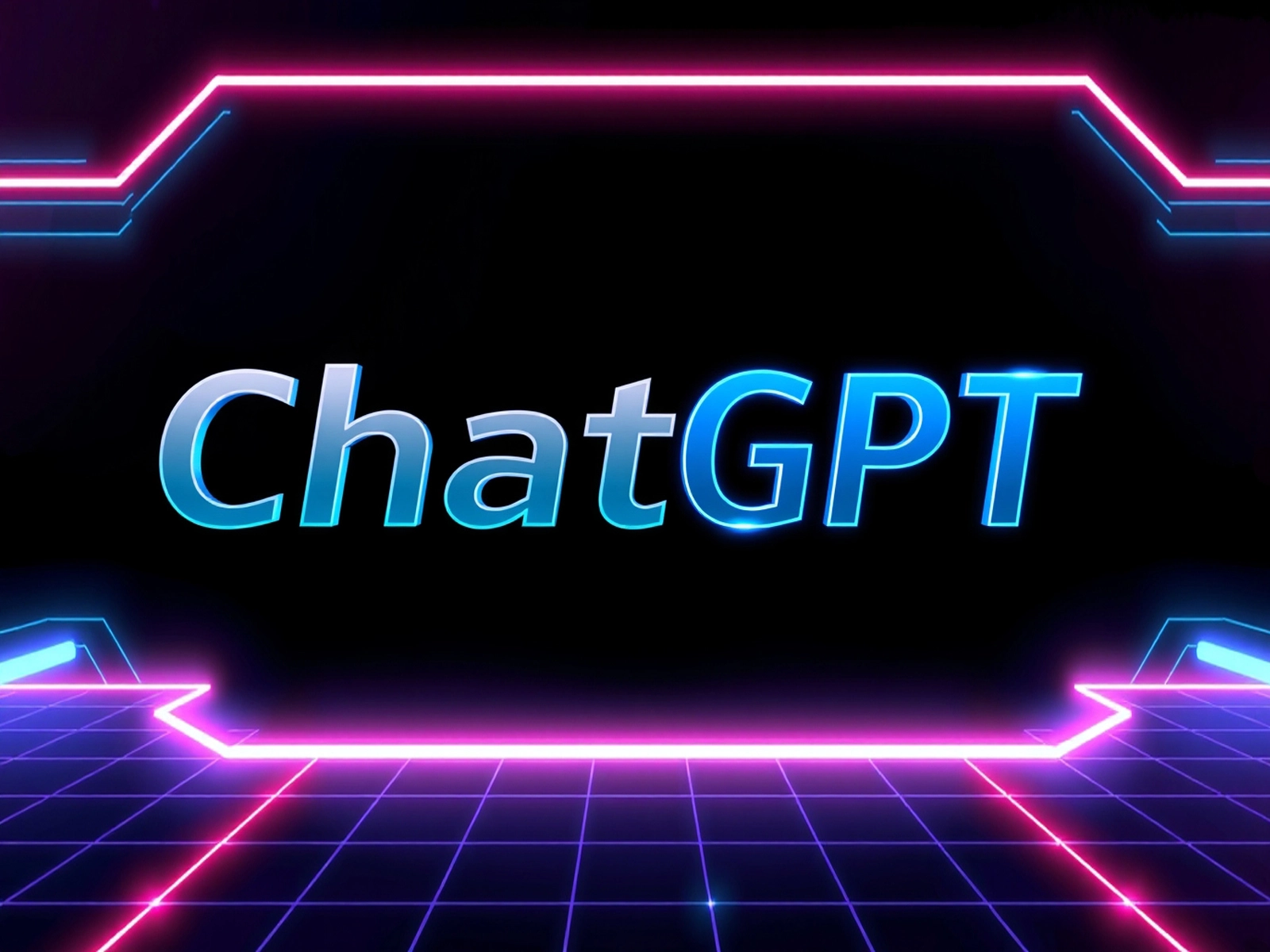
7 key areas of AI development in search engines in 2026

Types of landing pages and when to use them

Brand perception: how to measure and shape it

4 minutes
OpenAI CEO Sam Altman confirmed that ChatGPT may integrate advertising solutions in the future; however, the exact format of such advertising has not yet been determined. At the same time, Altman noted that advertising is not the company’s primary revenue source.
In an interview with the program Conversations with Tyler, Altman also made another direct critique of Google’s advertising model:
“Ads on Google Search depend on how poorly Google performs. If it always provided the best answer, there would be no point in buying an ad above it.
In other words, the user sees: ‘This solution doesn’t quite suit me.’ ChatGPT may provide the best answer, or it may not, but the user pays for the service, and it at least tries to provide the best answer.”
In other words, Google generates revenue when search results fail to meet user expectations. According to Altman, ChatGPT should earn revenue only when it gains users’ trust.
“If ChatGPT were accepting payment to place a poor hotel above a better one, it would be catastrophic for users’ trust in the service.”
If Altman’s proposed ChatGPT advertising concept becomes reality, the path from a user query to a recommendation and purchase could occur within a single interaction. This creates new challenges for brands and businesses, which must determine how to remain visible in such search scenarios.
The system should first display the best recommendation. If a user completes a purchase or booking with a single click, OpenAI could receive a small commission that does not affect the ranking of results.
“If ChatGPT shows its assessment – for example, the best hotel – and the user books it with one click, the system takes the same commission as it would for any other hotel, and the results do not change… I think this is entirely acceptable. We plan to implement this for travel in the future.”
ChatGPT will not feature paid results or “pay-to-play” rankings. According to Altman, if money influences ranking, user trust in the system would be destroyed:
“There are types of advertising that I think would be very bad, and there are types that could be implemented effectively or at least acceptably. I expect we will try it at some point, but advertising is not our largest revenue source.”
Altman explicitly criticizes Google’s ad model:
“Ads on Google Search depend on how poorly Google performs. If it always provided the best answer, there would be no point in buying an ad above it.”
In other words, Google earns revenue when search results fail to meet users’ expectations. ChatGPT, according to Altman’s concept, should earn revenue only when it gains users’ trust and provides the most accurate recommendations.
“If ChatGPT accepted payment to place a worse product above a better one, it would destroy users’ trust in the service,” Altman emphasized.
The proposed model assumes that users first receive the best recommendation, and the company’s commission is applied only when a purchase or booking is completed through the service.
“If ChatGPT shows its assessment – for example, the best hotel – and the user books it with one click, the system takes the same commission as it would for any other hotel, and the results do not change… This is entirely acceptable.”
Thus, the key difference from traditional “pay-to-play” is the absence of influence on ranking through advertising.
New Path from Query to Purchase
The interactive ChatGPT model allows users to receive a recommendation and complete a purchase within a single conversation. This reduces the role of traditional ads and classical search engine optimization.
Trust as a Key Success Factor
Businesses seeking visibility in such search scenarios will need to focus on the quality of their products and services. Misleading or opaque recommendations can negatively affect ranking and commission, as ChatGPT’s algorithm prioritizes user trust.
Impact on SEO and Content Strategies
Traditional SEO methods, including keyword optimization, may gradually lose relevance, as ChatGPT will aim to provide the best answers rather than content with the highest search engine ranking. Brands will need to invest more in producing high-quality, reliable content that meets users’ real needs.
Micro-Commissions Instead of Traditional Advertising
If the “one-click commission” model is implemented, OpenAI will generate revenue only when the user completes a transaction. For businesses, this means a more transparent pay-for-performance model rather than payment for impressions or clicks, which often do not guarantee conversions.
Reorientation of Marketing Strategies
Companies will need to adapt marketing strategies to new rules: focusing on product quality, recommendations, and integration with AI platforms that provide users with a seamless path from query to purchase.
ChatGPT’s advertising model could establish a fundamentally new paradigm in digital marketing and commerce, where the key criterion for success is user trust and recommendation quality. For brands and businesses, this creates new challenges: adapting strategies to interactive AI search, reviewing SEO and content marketing approaches, and ensuring transparent and reliable offerings to users.
If OpenAI’s concept is implemented, the path from query to purchase in the digital environment will become more seamless and personalized, while traditional advertising tools may gradually lose influence over users’ decisions.
Read this article in Ukrainian.
Say hello to us!
A leading global agency in Clutch's top-15, we've been mastering the digital space since 2004. With 9000+ projects delivered in 65 countries, our expertise is unparalleled.
Let's conquer challenges together!
performance_marketing_engineers/
performance_marketing_engineers/
performance_marketing_engineers/
performance_marketing_engineers/
performance_marketing_engineers/
performance_marketing_engineers/
performance_marketing_engineers/
performance_marketing_engineers/